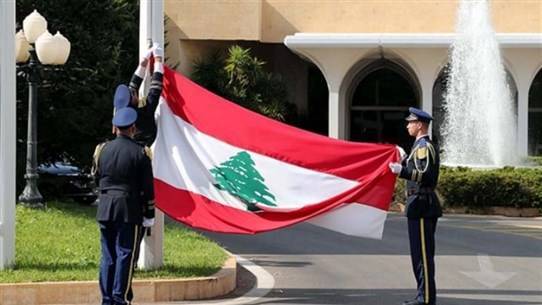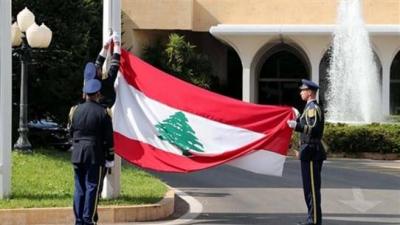There is no progress in the presidential file from the French side, nor any change in the Saudi position, despite the French attempts to suggest otherwise. The developments between Beirut, Paris, and Riyadh have led the French to believe they can open the doors of Paris to anyone interested, in hopes of producing a solution. Contrary to recent impressions regarding the movement of French diplomacy in Beirut and Paris, it appears that the Lebanese file has not advanced any further. French information indicates that the recent phase of French movements has, once again, hit a dead end, following the pattern of previous French initiatives that have not yielded results.
Generally, the presidential movement is moving backward, despite all the internal and external pressures for various reasons, with external discussions pointing to a lengthy period of presidential vacancy. Nevertheless, amid the ambiguity that the Lebanese are expected to get used to, Paris aims to be a facilitator for internal and external dialogues and negotiations that have yet to reach any positive outcome. However, its attempts to break the current stalemate from time to time and present a different model from that adopted by concerned states regarding the Lebanese situation have not succeeded in changing the narrative that its handling of the Lebanese presidential file has led to confusion.
This impression is reinforced as its activities have once again met a clear obstacle, according to French information, from both Saudi and American positions. Developments last week between Beirut, Paris, and Riyadh convinced those involved in the French presidential file of a setback in moving forward. French communications with Saudi Arabia, at both the first and second levels, reaffirmed to President Emmanuel Macron that Riyadh remains committed to the limits set by the trilateral statement issued from New York, signed by American, French, and Saudi representatives. Paris has been repeatedly informed that the Saudis are uninterested in any French attempts regarding the presidential file, nor in any settlements around the distribution of roles aiming to imply Saudi approval for any proposed candidates.
Aside from the limits of the New York statement, there is no Saudi commentary on Lebanon except concerning the implementation of international resolutions and adherence to the Taif Agreement. This also suggests that Washington remains committed to the same limits and has not changed its view on the presidential elections to allow any interpretations regarding positions or nominations, whether for the presidency or the premiership. This was clearly communicated to Paris. The problem is that there is a French attempt from some circles to interpret Riyadh's positions in directions that do not align with Saudi interests. Consequently, after understanding the clear Saudi position of indifference to the Lebanese file in general and the presidential file specifically, Paris sought to adjust its approach by revitalizing the humanitarian aid file supported by Saudi Arabia solely for social and humanitarian reasons. Through this effort, Paris aims to keep communication channels open, hoping this will eventually lead to a revived presidential dialogue.
Additionally, the interactions between Beirut and Paris, which coincided with the visit of the head of the Free Patriotic Movement, Gebran Bassil, to France, further cemented the conviction among French officials directly involved with the Lebanese file that the French initiative in Beirut failed to break the cycle of stagnation, and what transpired was merely time-wasting that would not lead to presidential elections according to the current trajectory. Events surrounding Bassil's visit to France clarified that the Lebanese file is now even more stuck. Consequently, Paris has crystallized the conviction to open its doors to all political forces wishing to visit for dialogues on the Lebanese presidency, thereby attempting to strike a balance between its activities in Beirut, which some opposing factions have criticized for allowing dialogue with Hezbollah and the March 8 forces, and its efforts in Paris, under internal pressure, to maintain contact with all political forces without appearing to align with any side, while keeping communication lines open with Saudi Arabia in anticipation of any potential settlements when conditions are ripe.
It is worth noting that Paris, which has recently experienced signs of tension in its relationship with Tehran related to the internal Iranian situation, has compounded its contradictions across several regional and European files, as well as its relations with Russia and Ukraine. Regarding Lebanon, it still sees an opportunity to navigate towards a settlement that could elevate its role. However, once again it stumbles. The downsides of this stumbling are that its diplomatic confusion, both in Lebanon and externally, and its insistence on portraying unrealistic positions from the Saudi and American sides exacerbate Lebanese disappointments in producing a swift resolution to the current crisis and facilitating presidential elections. Meanwhile, France recognizes that the lost time in Lebanon exacerbates internal disintegration, making it increasingly difficult to produce solutions that may be viable today but will certainly not be applicable tomorrow or beyond.




